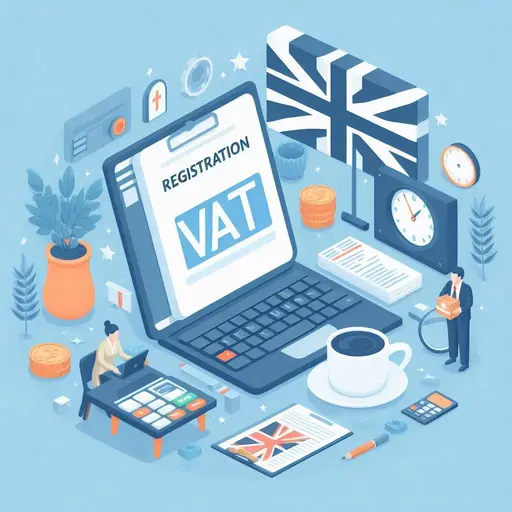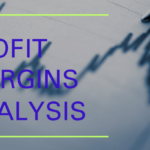
Introduction:
Value Added Tax (VAT) is a consumption tax applied to the value that an organization adds to a product or service. In the UK, businesses are required to register for VAT if their taxable turnover exceeds £90,000 in a 12-month period. However, voluntary registration is also an option for companies that do not meet this threshold. This article will explore the pros and cons of VAT registration to help you make an informed decision for your business.
Who Has to Register for VAT?
Any organization that makes £90,000 or more of Vatable supplies of goods and / or services (sales) within a 12-month period must register for VAT. Certain goods and services, such as publishing and books, are exempt from VAT. If all the supplies your business makes are exempt, you do not have to register for VAT.
Can I Register for VAT If I Don’t Make £90,000 of Supplies?
Yes, you can choose to voluntarily register for VAT. Below are some of the pros and cons of registering for VAT:
Pros:
1. Claim back the VAT you pay on your purchases, resulting in cost savings.
2. Enhance your business’s credibility and perceived establishment.
Cons:
1. If your customers are not VAT registered, your goods or services may become more expensive as they cannot claim the VAT back.
2. You will need to track all your input and output VAT and use a software package to submit your VAT returns to HMRC.
Conclusion:
Deciding whether to register for VAT is a crucial decision for any UK company. It is essential to weigh the benefits of reclaiming VAT against the administrative responsibilities and potential impact on pricing. Consulting with an accountant or tax advisor can help you determine the best course of action for your business.
By understanding the implications of VAT registration, you can make an informed choice that aligns with your business goals and financial circumstances.

